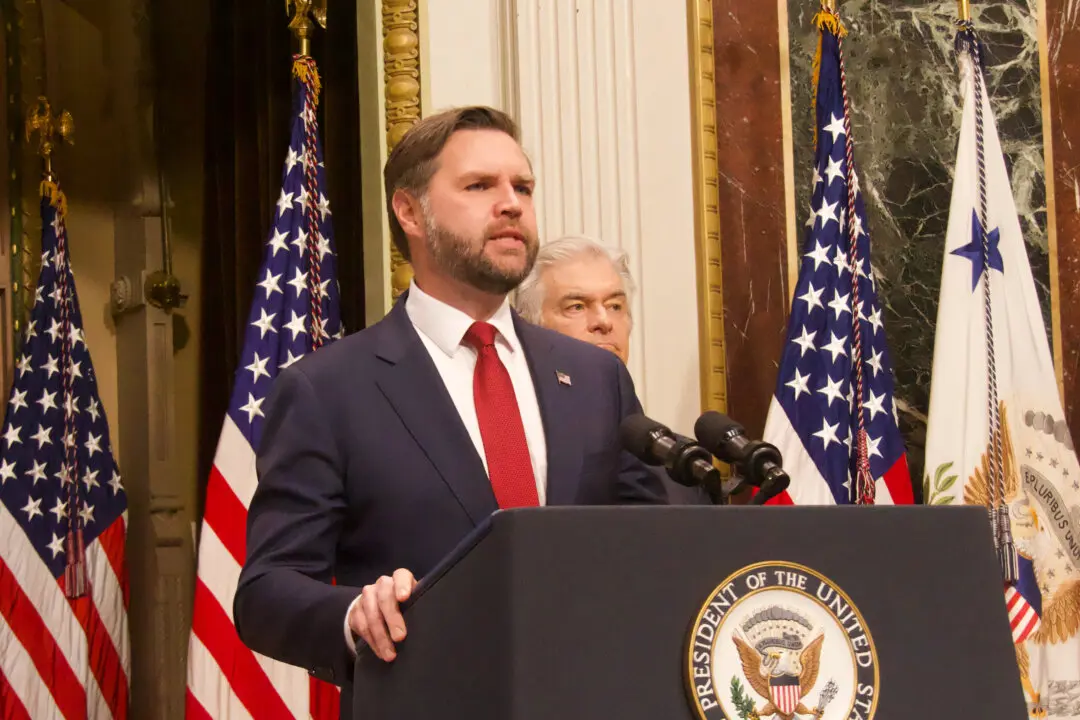With signature collection efforts well underway, public protesters and organizers with Save Alameda for Everyone—a group seeking to recall Alameda County District Attorney Pamela Price—spoke out at an Alameda County Board of Supervisors meeting Nov. 14 against resolutions the board is considering that would change the rules of recall procedures.
“We are going to recall Pamela Price,” Brenda Grisham, recall organizer and mother of slain 17-year-old Christopher LaVell Jones, told supervisors during the meeting. “You can interfere all you want to, but in the end, you’re going to have to deal with the citizens of Alameda County that elected you to have their best interests at heart.”





